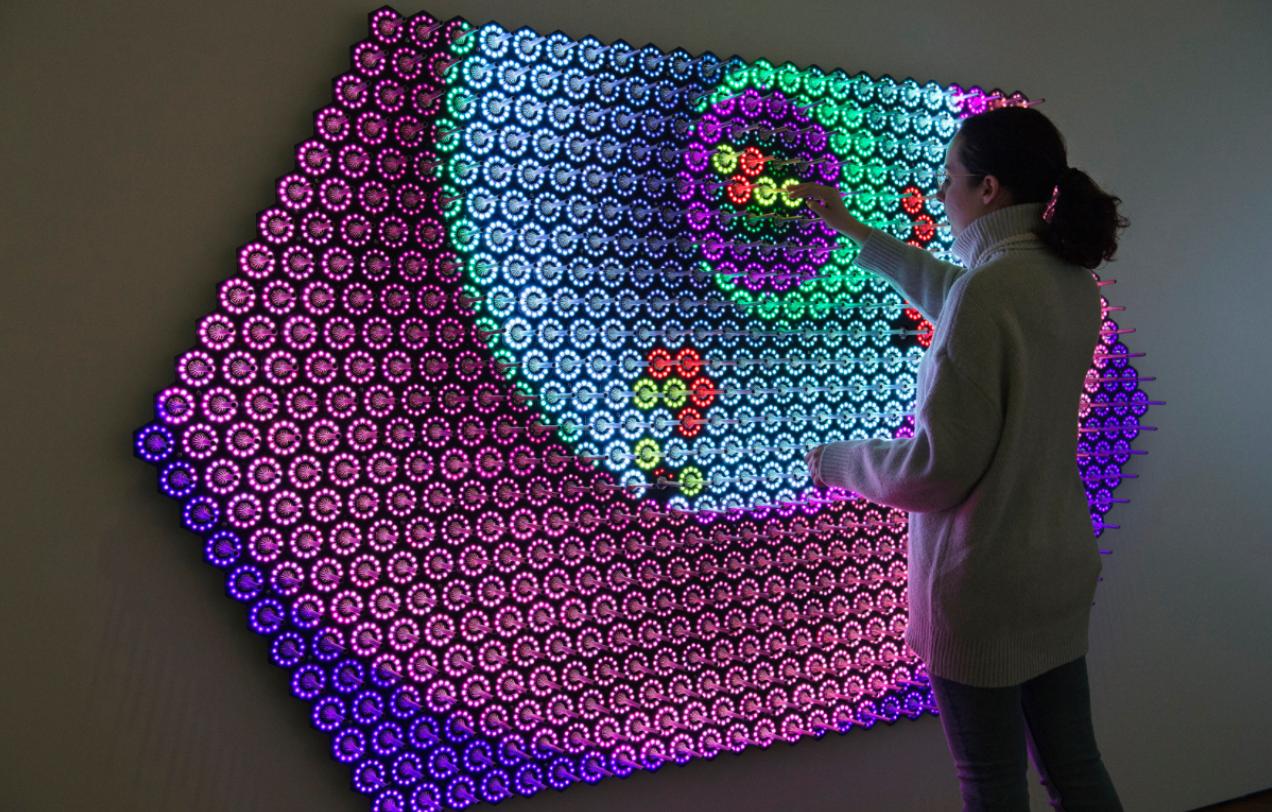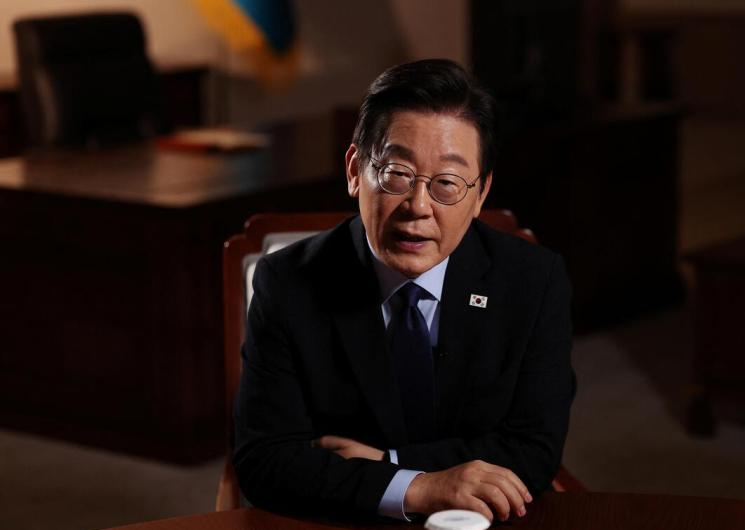
To celebrate the International Year of Quantum Science and Technology, the London Science Gallery, affiliated with King's College London, will hold an exhibition called "Quantum Untangling" from October 8, 2025 to February 28, 2026. The exhibition will be free and open to the public, combining art, science and interdisciplinary research to show how quantum technology will change the future.
First, the exhibition will help viewers gain a deeper understanding of the complexity of the quantum world through interactive artworks, immersive installations and perspectives from physicists, philosophers and poets. The exhibits will explore major issues in the quantum field while demonstrating the huge opportunities that quantum technology brings to the future. Highlights of the exhibition include two large immersive installations "Ringdown" and "The Blind Proliferation" created by Conrad Shawcross, as well as sculptures by artists such as Alistair McClymont and Monica C. Locasio.
In addition to the immersive installation, the exhibition will also showcase Robin Baumgarten's "Quantum Jungle", poetry by Chandrika Narayan-Mohan, artist-in-residence at the Quantum Studio, and photography by David Severn, all of which will be combined with films produced in collaboration with the King's College London Quantum Community to provide audiences with a richer quantum experience.
In addition, a series of events will be held during the exhibition, including "evenings" every Friday and panel discussions in collaboration with the King's College London Digital Future Institute. The activities will not only deepen the public's understanding of quantum science, but also provide a platform for communication between scientists and audiences.
At the same time, the exhibition also marks the launch of the International Year of Quantum Science and Technology, commemorating the 100th anniversary of the birth of quantum mechanics. The birth of quantum mechanics has changed our basic understanding of matter, energy and their interactions. Today, quantum technology has been applied to many fields, such as quantum computing, quantum communication and quantum medicine, and is driving a scientific and technological revolution.
It is worth mentioning that King's College London has a long history in quantum research. In the 1940s, Professor Charles Coulson pioneered the application of quantum mechanics in atomic and molecular research, laying the foundation for the school's important position in quantum scientific research. Entering the 21st century, the King's College London Quantum Research Center has become one of the world's leading quantum research institutions, bringing together a large number of top scientists and committed to innovation in the fields of quantum computing, quantum medicine, etc. With the support of the British government's national quantum strategy, the King's College London Quantum Research Center continues to promote the development of quantum technology, especially in the fields of climate change, energy, and medicine. The widespread application of quantum technology is bringing revolutionary changes to our future.
Finally, the "Quantum Untangling" exhibition pays special attention to the interactivity with the audience. Through artworks and interactive installations, the audience will be able to experience quantum physics phenomena more intuitively and further deepen their understanding of quantum technology. For example, the "Quantum Jungle" installation in the exhibition allows the audience to experience the relationship between quantum particles and fluctuations through the combination of vision and sound, helping people perceive the quantum world in a more vivid way. During the exhibition, a series of lectures and seminars will be organized to give the public and scientists more opportunities to interact and learn about the latest developments in quantum technology. Scientists will answer the audience's questions and help people understand how quantum technology has an impact in various fields.
In summary, the "Quantum Untangling" exhibition not only showcases the theory and cutting-edge technology of quantum technology, but also allows the public to intuitively understand and experience the quantum world through art. The application of quantum technology is penetrating into various fields, from climate change prediction, drug development to intelligent transportation, and its impact will penetrate into every aspect of our lives. Through the "Quantum Untangling" exhibition, the London Science Gallery provides the public with an opportunity to enter the quantum world, allowing us to experience the shock and possibility of quantum technology from the dual perspectives of art and technology. With the continuous breakthroughs in quantum technology, we will see how it will change the technological landscape and promote the progress of human civilization in the future.

The office of the President of South Korea has fully initiated the relocation work, moving the office equipment of all departments from the current Yongsan Presidential Office to the former Presidential office, the Blue House.
The office of the President of South Korea has fully initia…
Israeli officials announced that Israel will reopen the bor…
US President Trump said that Russia has gained a stronger m…
The latest report from the United Nations Conference on Tra…
The UK Ministry of Defence said on Tuesday (December 9) tha…
In early December, US stocks staged their most dramatic int…